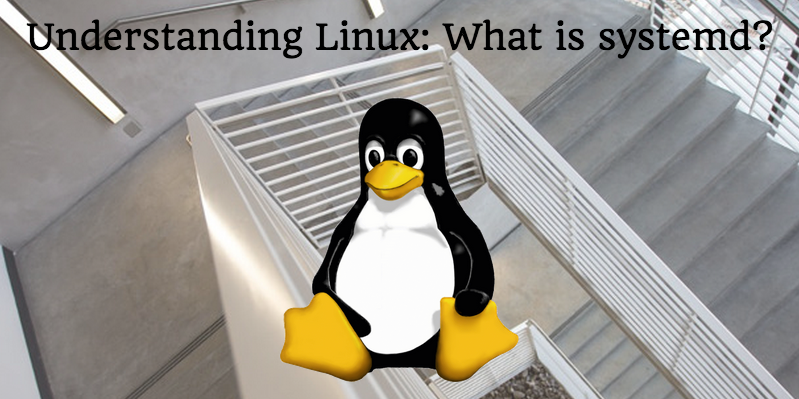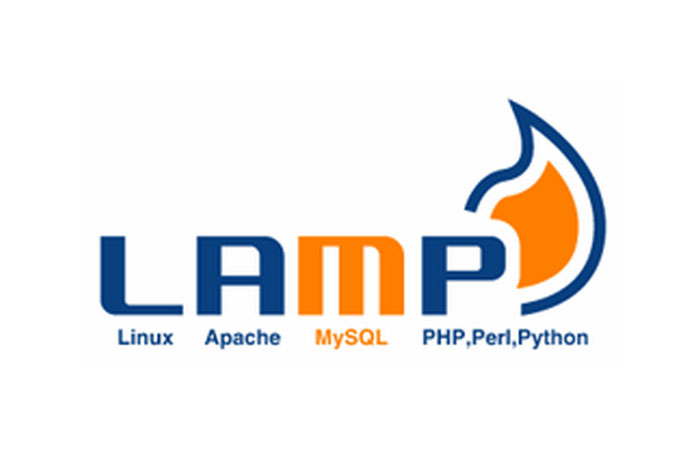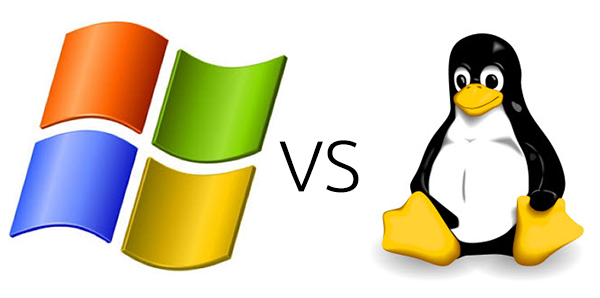
Virtual Private Servers, or VPS for short, are the ideal solution for businesses who need full access and control over their servers. They’re a cost-effective answer to dedicated servers, yet still yield similar results in terms of control and bandwidth. VPS are great because they are completely customizable,… Read More









